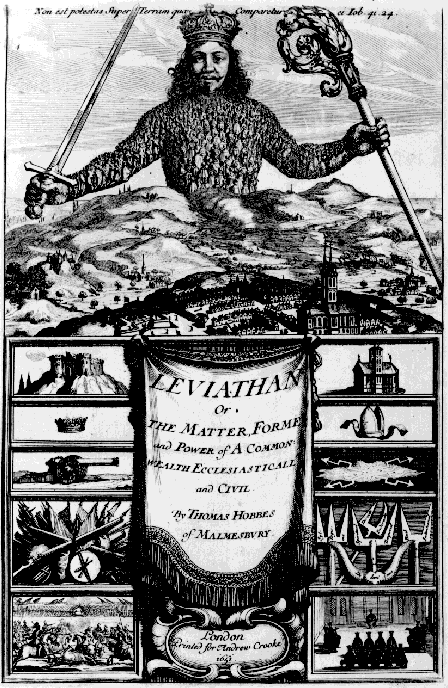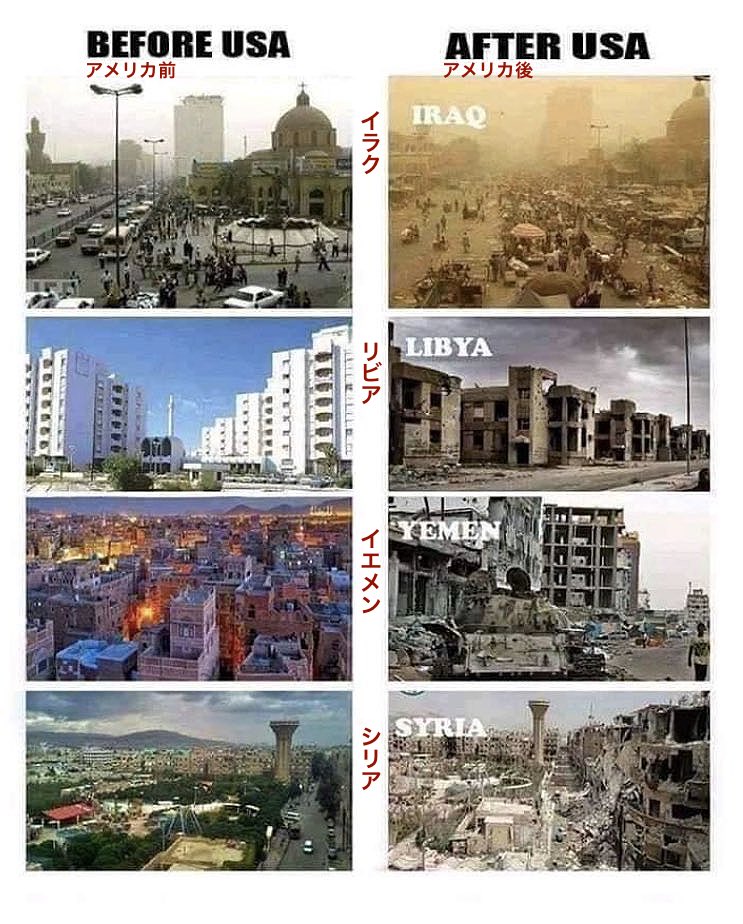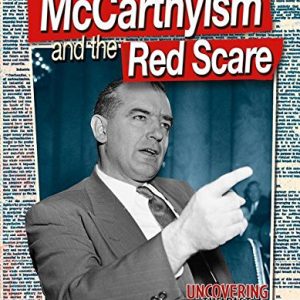The Communist Party of Japan turned to a peaceful and democratic socialist revolution through parliamentary elections in the mid-1950s. Japan's New Left, who broke up with the Communist Party, was obsessed with the violent revolution. The revolutionary violence they advocate is similar to the military intervention for democratization of the US neoconservatives. This is because both of them make violence and the use of force inevitable for the sake of revolution and democratization. The idea that the vanguard party, organized by a small number of elite professional revolutionaries, will lead the revolution of the proletarian masses is the same as the idea that the political elite of the United States, which has become the sole supremacy, will guide the masses who are trying to democratize and transform the tyrannical nation. At the root of both is Leon Trotsky's world revolution thought, which was exiled from Stalin's Soviet Union. The theory of revolutionary violence on the New Left in Japan collapsed after the United Red Army mountain hideout incident in the 1970s. But by contrast, the theory of democratization intervention by the US Neocon was justified to be extrajudicial as a military policy of the United States in the wake of the Iraq War in the early 21st century. Now in Ukraine, the neoconservative "power is justice" has attracted the "violence" of the Russian army, obscuring the essence of the situation.
■ Kagan's "Battle for all against all"
The "logic of power" of neo-conservatives was fully shown by Robert Kagan's book "OF PARADISE AND POWER America and Europe in the New World", which was published in conjunction with the start of the Iraq War in 2003. With Germany and France strongly opposed to the Iraq War, Kagan declared, "Europe is heading for a 'postmodern paradise', but the United States will use its power." He wrote in the preface that he said:
 "Europe has lost interest in military power and has moved beyond the world of power to its own world of law and rules, international negotiations and cooperation. A paradise of peace and prosperity that will come after the end of history. The eighteenth-century philosopher Immanuel Kant is heading towards the realization of the ideals he portrayed in Perpetual Peace: America is struggling in a world where history never ends. The United States is still exercising power in a world where maintaining and exercising military power is essential, as discussed by the 17th century philosopher Thomas Hobbs in "Leviathan." It is a world of universal warfare against humans, where the United States does not rely on existing international laws and regulations, but fights to ensure security and to maintain and expand free order. "
"Europe has lost interest in military power and has moved beyond the world of power to its own world of law and rules, international negotiations and cooperation. A paradise of peace and prosperity that will come after the end of history. The eighteenth-century philosopher Immanuel Kant is heading towards the realization of the ideals he portrayed in Perpetual Peace: America is struggling in a world where history never ends. The United States is still exercising power in a world where maintaining and exercising military power is essential, as discussed by the 17th century philosopher Thomas Hobbs in "Leviathan." It is a world of universal warfare against humans, where the United States does not rely on existing international laws and regulations, but fights to ensure security and to maintain and expand free order. "

 In the first half of the 20th century, left-wing intellectuals such as sociologist Daniel Bell, political scientist Seymour Lipset, Richard Hofstadter, political scientist Martin Diamond, and literary critic Irving Howe gathered based in New York. This became the starting point, and controversy over Leon Trotsky's theory of the world revolution and the permanent revolution centered on immigrants from Eastern Europe and Russia, forming the body of the left-wing camp in the United States. Fearful of their rise was the financial capital of Wall Street and the CIA associated with it, which became the post-WWII red hunting whirlwind (McCarthyism). In American society with communism as a taboo, they turned to conservatism, some of which became neoconservatives.
In the first half of the 20th century, left-wing intellectuals such as sociologist Daniel Bell, political scientist Seymour Lipset, Richard Hofstadter, political scientist Martin Diamond, and literary critic Irving Howe gathered based in New York. This became the starting point, and controversy over Leon Trotsky's theory of the world revolution and the permanent revolution centered on immigrants from Eastern Europe and Russia, forming the body of the left-wing camp in the United States. Fearful of their rise was the financial capital of Wall Street and the CIA associated with it, which became the post-WWII red hunting whirlwind (McCarthyism). In American society with communism as a taboo, they turned to conservatism, some of which became neoconservatives.